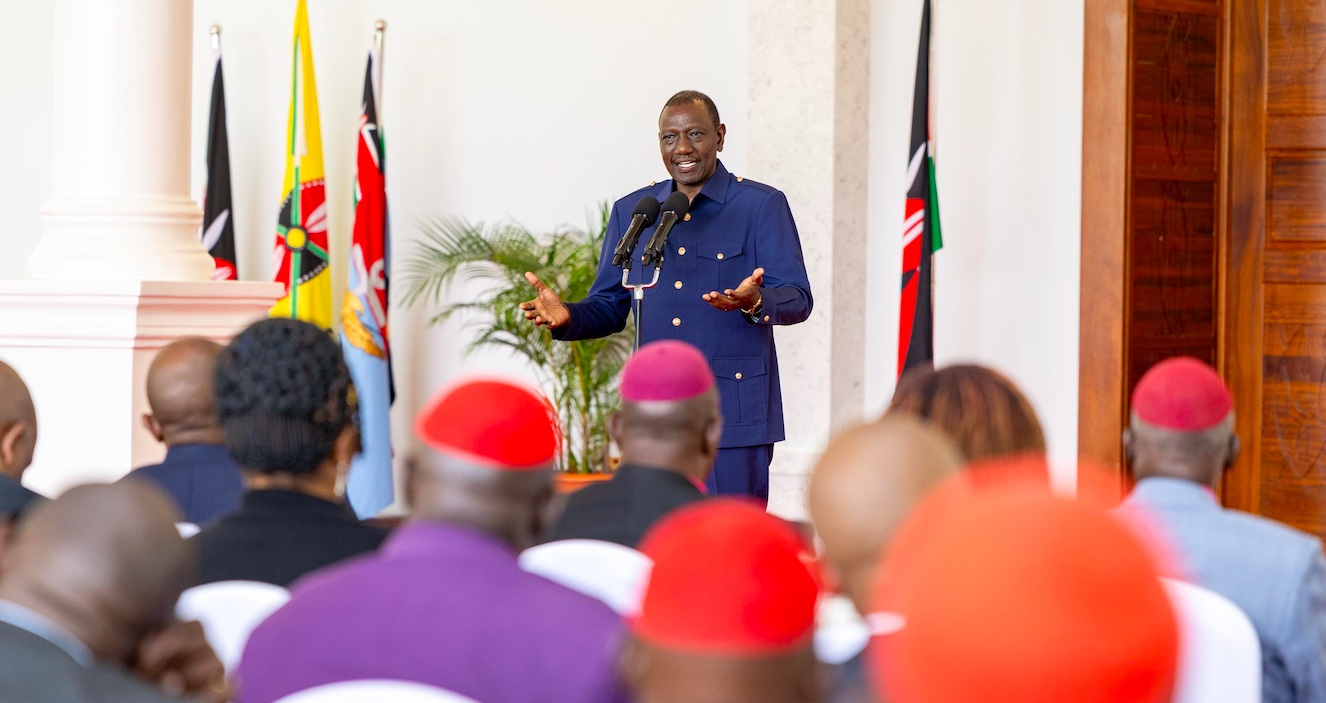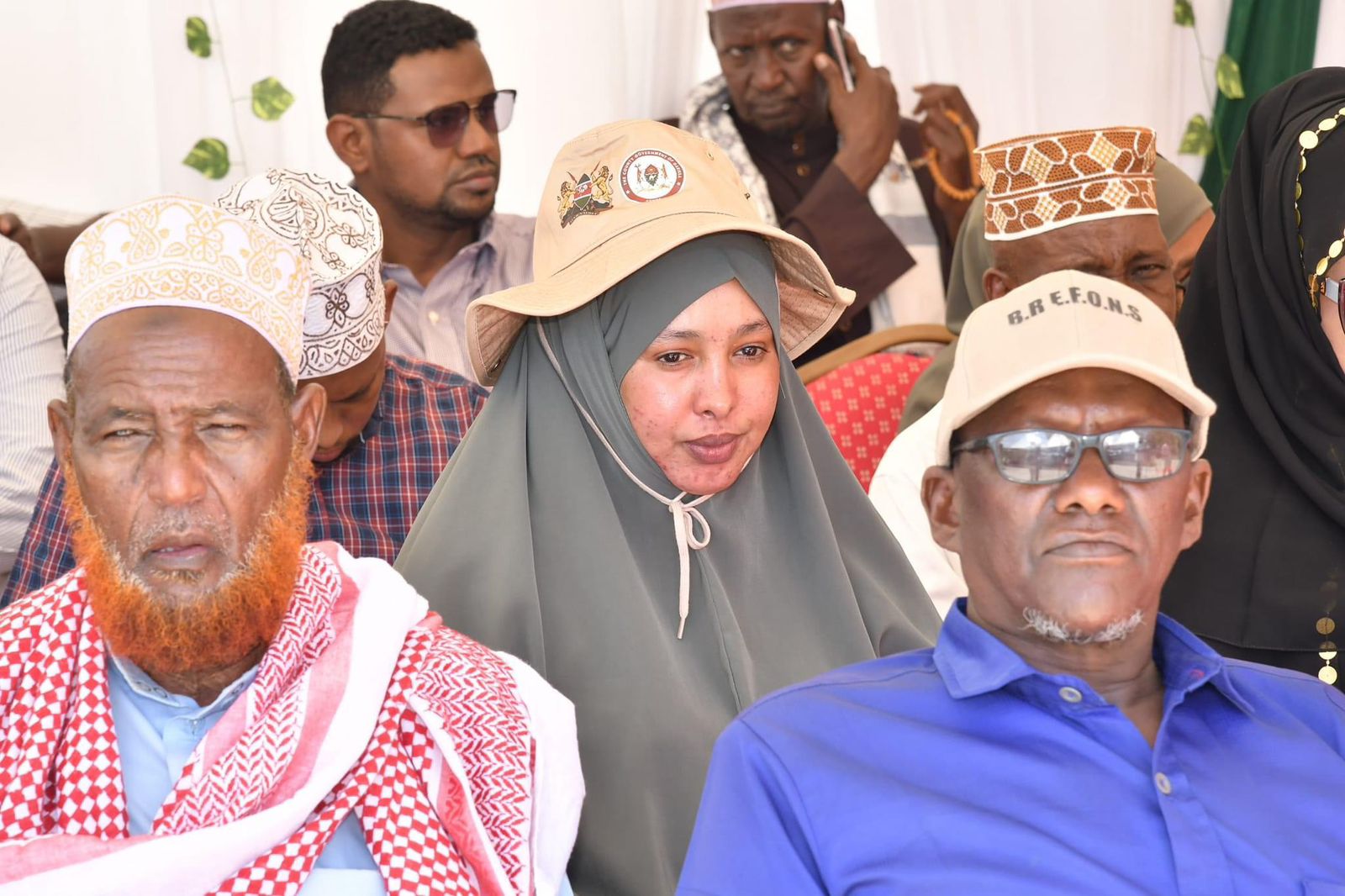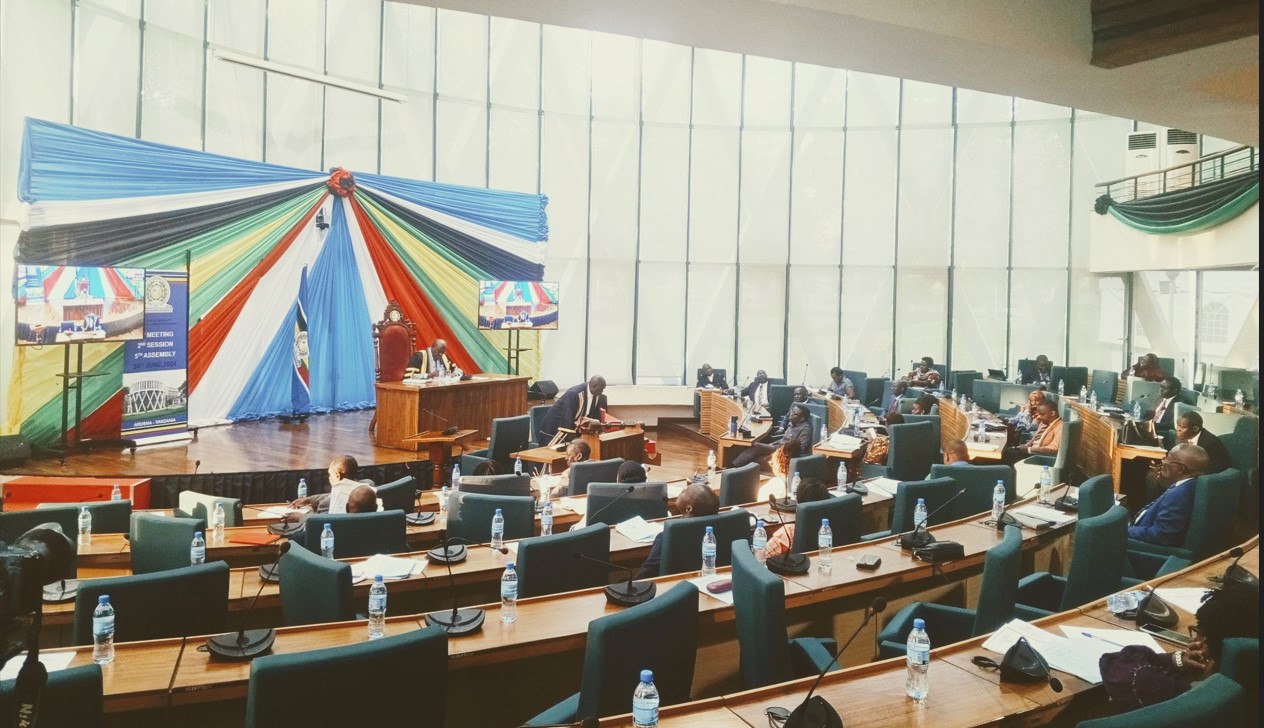Kenyan conservationists urge Tanzania to restrict trophy hunting to protect elephants

The killing of the three elephants, including one with tusks weighing 50 kg each, has raised concerns about the impact of trophy hunting on Kenya's elephant population.
The discovery of three dead elephants inside Amboseli National Park has sparked outrage among conservationists in Kenya, who are now urging Tanzania to change its hunting laws.
The elephants were allegedly shot by licensed hunters from across the border, highlighting the need for stricter regulations to protect the iconic species.
Keep reading
Conservationists in Kenya are calling on Tanzania to amend its hunting regulations to prevent similar incidents in the future.
"We are concerned about the impact of trophy hunting on our elephant population," said Joseph Ole Lenku, the governor of Kajiado County, which is home to Amboseli National Park and relies heavily on tourism.
"We urge Tanzania to review its hunting laws and ensure that they are aligned with international best practices."
Tanzania issues trophy hunting licenses to wealthy sports hunters every year, while Kenya relies on wildlife safaris for revenue.
Kenyan conservationists are now urging Tanzania to restrict trophy hunters to its heartland, away from the border with Kenya, to protect the country's elephants.
"It is not right to license trophy hunting near the border with Kenya," said Ole Lenku."We want Tanzania to reinstate the trophy hunting moratorium, reinforcing it with more definite terms on land within 40 km of the Kenyan frontier."
The killing of the three elephants, including one with tusks weighing 50 kg each, has raised concerns about the impact of trophy hunting on Kenya's elephant population.
The Amboseli Wildlife Park is home to some of the largest elephants in the world, known as "super-tuskers," which are highly valued for their genetics and tourism appeal.
"The Amboseli bloodline of tuskers is probably one of the best in the world, so from a genetics perspective, it is really important," said Richard Bonham, co-founder and executive chairman of the Big Life Foundation in Kenya, a conservation group.
"Visitors from around the world flock to Amboseli every year to see the huge elephants, making them valuable from a tourism perspective."
Tourism is a significant contributor to Kenya's economy, employing millions of people directly and indirectly. The conservationists are not calling for a hunting ban in all of Tanzania but for the protection of the precious Kenyan tuskers that wander back and forth across the border.
"The problem is that the hunted elephants were among the very few elephants with such large ivory," said Bonham. We aim to safeguard these magnificent creatures for the enjoyment of future generations.
Tanzania's wildlife regulator and government have not commented on the issue. However, conservationists hope that by raising awareness and putting pressure on the Tanzanian government, they can find a solution that works for both countries.
"We understand that trophy hunting can be a valuable tool for conservation, but we need to do it responsibly and with consideration for neighbouring countries," Ole Lenku said.
"We hope that Tanzania will work with us to find a solution that protects our elephants and supports conservation efforts."



















